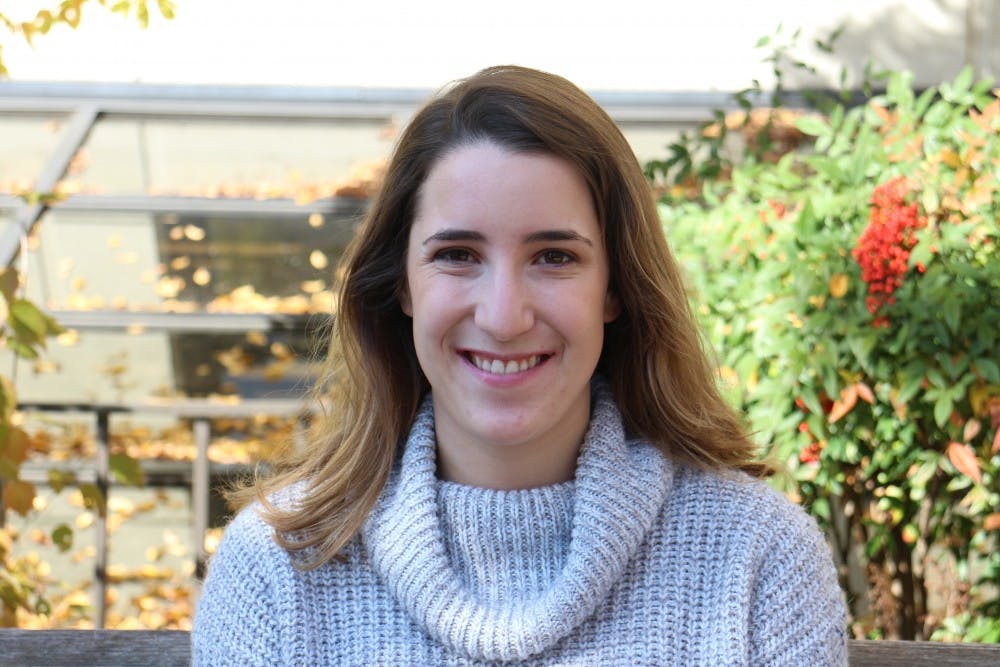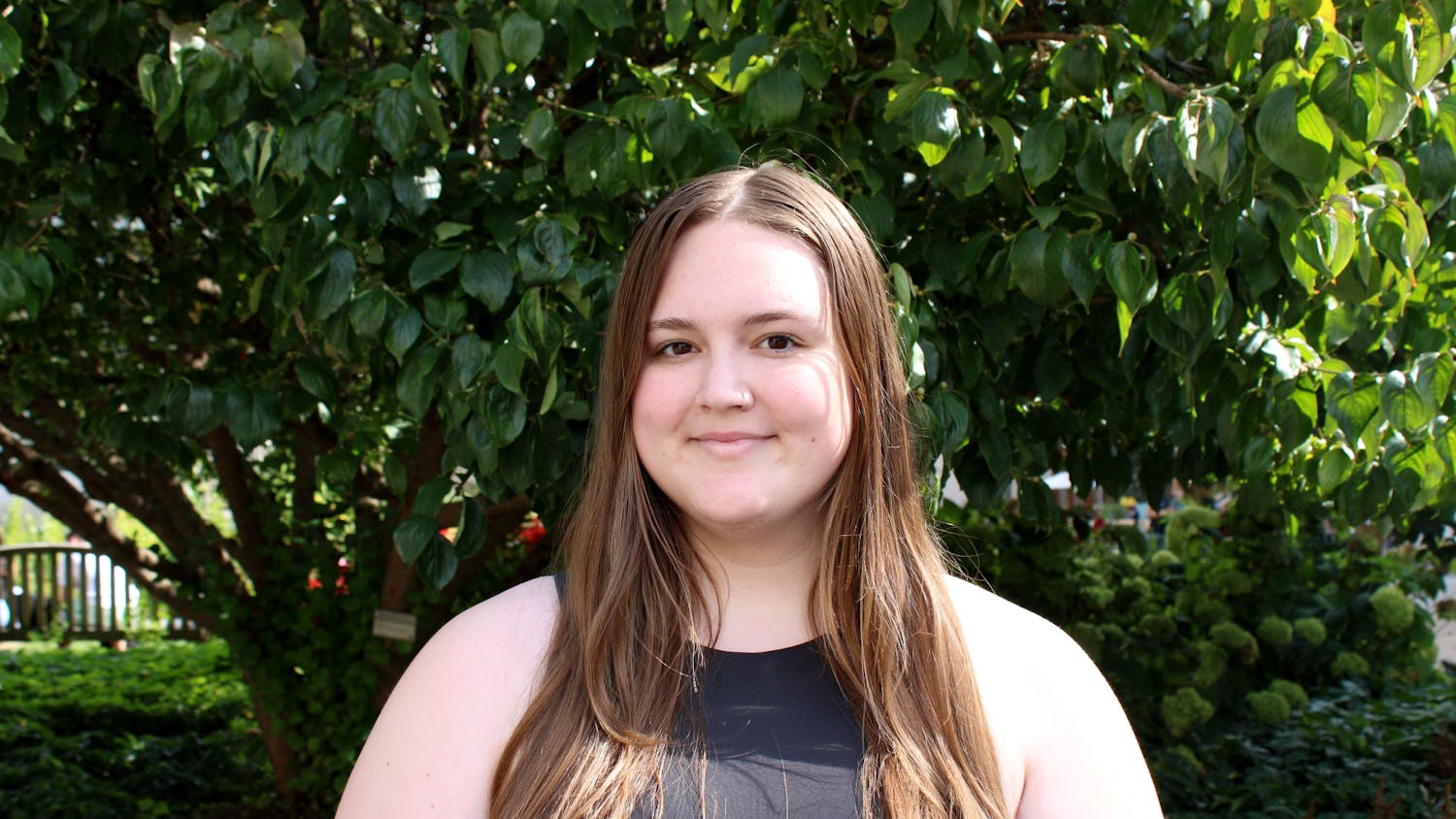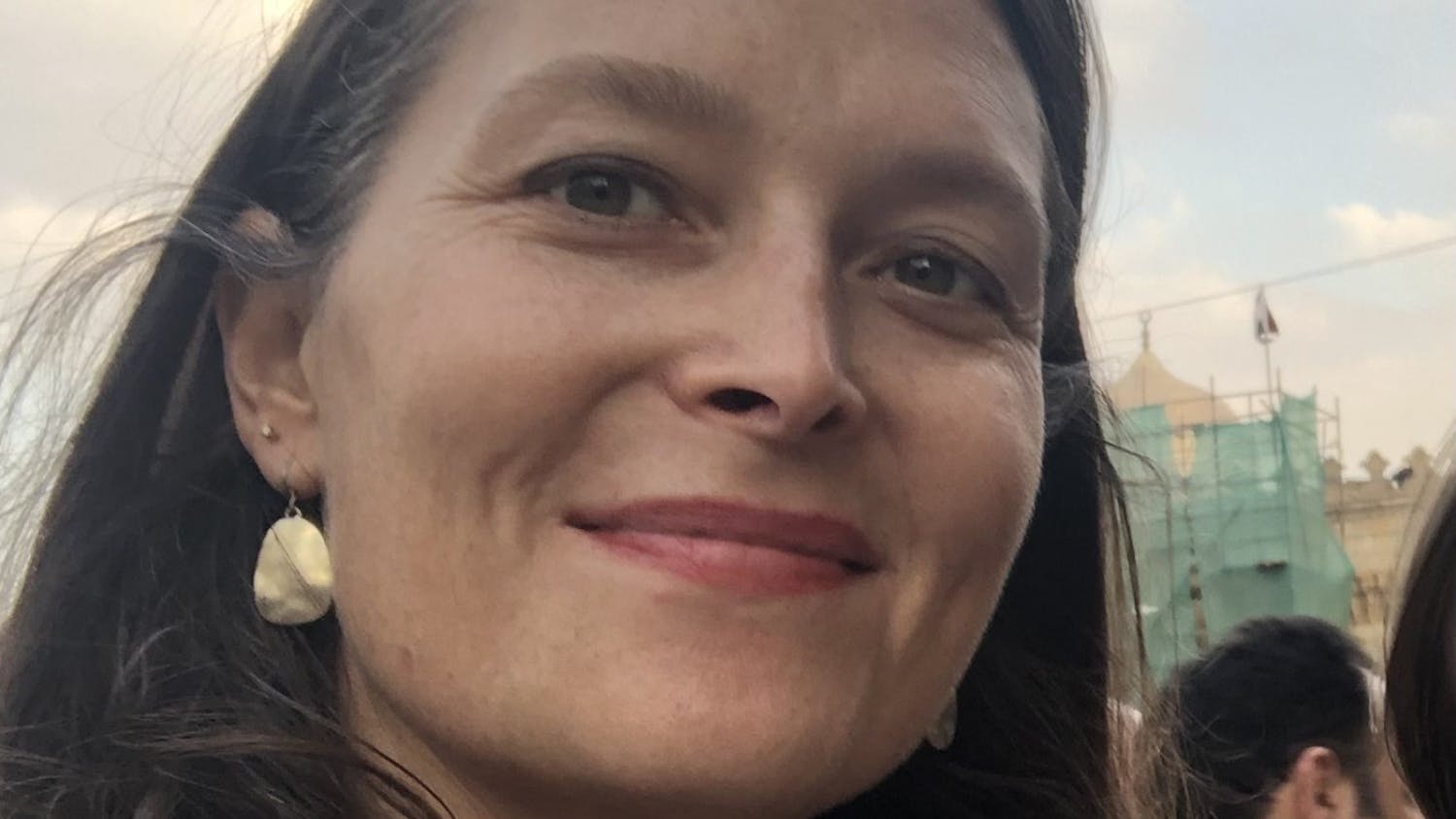This September has seen one deadly and destructive hurricane after another. Devastation from Hurricanes Harvey, Irma, and Maria have plastered the news for well over a month now. Humanitarian relief is desperately needed in the areas affected by these disasters where it will take months, and in some cases years, to rebuild.
Hearing about storms at this time of year is not unusual because September falls inside hurricane season. However, it does seem remarkable that this many high magnitude, deadly storms have occurred in such a short span of time. It made me wonder if there could be an underlying cause of the hurricanes aside from the Earth going through its natural processes. I’m aware of the dangers that climate change poses to the world, but could it be to blame for these mega storms?
Just asking this question was deemed “insensitive” by Environmental Protection Agency Administrator Scott Pruitt. “To have any kind of focus on the cause and effect of the storm versus helping people, or actually facing the effect of the storm, is misplaced,” Pruitt said to CNN before Hurricane Irma made landfall in Florida.
Maybe Pruitt’s concern is not with asking the question of if climate change is causing deadly natural disasters now, it’s asking the question at all. Discussion of global warming has become increasingly taboo in the political sphere. The EPA removed nearly all mention of climate change from its website, and President Trump described climate change as a Chinese hoax.
Of course, helping the people affected by the storms is of vital importance. But why can’t we inquire about the cause of these storms? Won’t asking these questions now, when the topic of hurricanes is so relevant, hold more significance than waiting until there aren’t any hurricanes or other natural disasters in the news? How can we expect to better protect people if we are not spending time looking at what is causing storms like Harvey, Irma, or Maria and how we might avoid them in the future?
Many AU students call the countries hit hardest by the storms home, or have loved ones that live there. The AU community, specifically organizations like Nourish International and the AU League of United Latin American Students, have banded together during this time to raise money and collect vital supplies to send to countries in need like Puerto Rico. I spoke with Daniela Martínez Berríos (SIS ‘19), whose home and family are in San Juan, Puerto Rico. She described the damage done by Hurricane Maria as unprecedented.
“Being someone that’s so proud and who loves my country so much, it was so hard to see the images and videos from back home; to see it so destroyed. I expected to miss home but I didn’t expect to feel hopeless and heartbroken” Daniela explained.
The most stressful part of the storm for her was not being able to reach her family during the time of the hurricane. Fortunately, she has since spoken with her family, who are now dealing with recovery from the storm that will take months.
As I spoke with Daniela about the culture of uncomfortability and silence in the US government surrounding climate change, specifically as it relates to the hurricanes, she frowned. “I don’t believe that it’s insensitive to bring up climate change when talking about the Hurricanes;” she said, “specifically in the case of Puerto Rico, since we are now facing the ramifications of not investing in clean energy.”
At risk of being insensitive, I took a look at the research being done to find a possible link between climate change and hurricanes. What I found is this: climate change did not cause Hurricane’s Harvey, Irma or Maria, but it almost definitely made their effects more intense.
A hurricane is formed as heat from the ocean rises high into the atmosphere, creating warm, moist air. That heat energy is then converted into the energy behind the strong winds of the hurricane. Ocean temperatures have risen between 1 and 3 degrees Fahrenheit in the last hundred years. The warmer water creates stronger winds, and more destructive storms. During the same hundred year period, ocean levels have risen about 7 inches. This rise makes the floods caused by hurricanes much deadlier.
Senior scientist at the National Oceanic and Atmospheric Administration Kevin Trenberth looked at the data gathered after Hurricane Sandy to help prove the point that warmer temperatures are creating more serious storms. Just before Sandy hit, temperatures off the East Coast of the U.S. were about 3 degrees Celsius above average. Trenberth said that about 0.6 degrees of that is attributable to global warming. With each degree that the ocean temperatures rise, the atmosphere holds 4 percent more moisture and hurricanes get more powerful.
The science is consistent that although climate change is not increasing the number of natural disasters, its effects have and will increase the magnitude of these storms, quakes, and floods. Why does this matter? Climate change deniers currently hold some of the most influential positions in the United States government, including Scott Pruitt. The proof of climate change has been laid out in scientific research for many years and yet continuously denied.
Perhaps, after witnessing how storms as catastrophic as Harvey, Irma or Maria have devastated entire countries and left thousands without homes, food and drinking water, the taboo will lift, if only a little. I would not bet on it, as scientific voices have been stifled in the current political sphere, and a 2015 study in the journal Climatic Change found that Americans facing extreme weather events are not necessarily more concerned about climate change. However, I do not underestimate the power of science, especially when it is well communicated, which is what scientists and conscientious citizens like Daniela must continue to do in order to make change happen.
Donate to hurricane and earthquake relief efforts here.
orichter@theeagleonline.com





